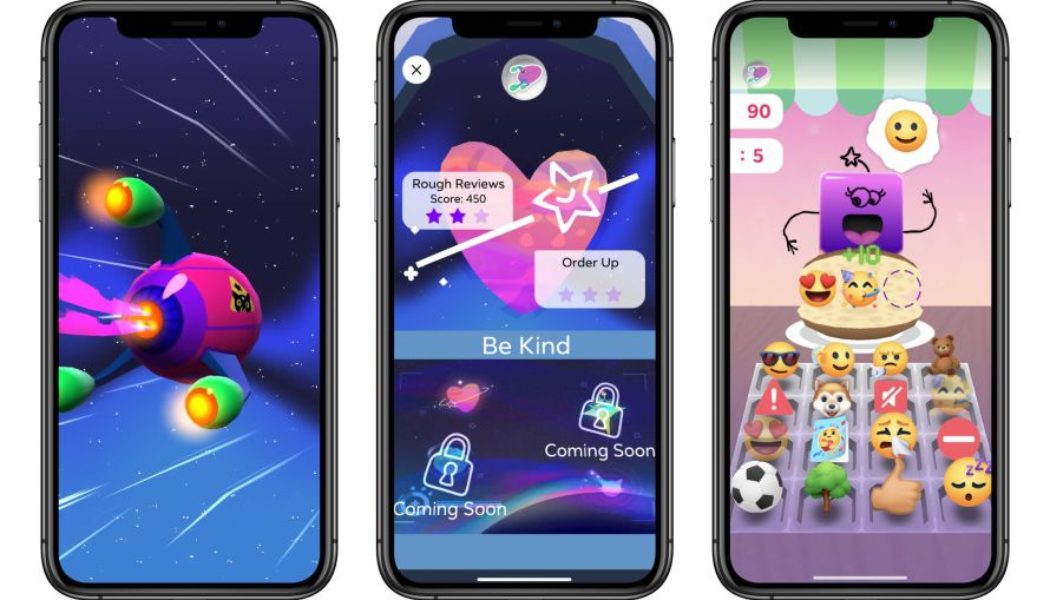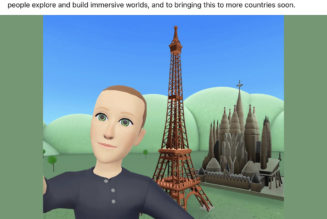Facebook parent company Meta has launched new activities on its Messenger Kids platform aimed at teaching internet etiquette to children. According to a blog post by Erik Michael Weitzman, director of product management at Messenger Kids, the new gamified activities will “help kids learn how to use the internet safely and practice making healthy decisions online.”
Pledge Planets is based on what Weitzman says are the tenets of the Messenger Kids Pledge: be kind, be respectful, be safe and have fun. The first episode titled “Be Kind” includes two games that will help kids “learn and practice how to act with kindness,” the company says:
Rough Reviews: Players must help the owner read through the reviews and match the correct online response to each one. This game teaches kids to recognize kind and unkind behavior and become familiar with tools like blocking and reporting.
Order Up: Players build a sandwich order by selecting the emojis that best respond to the customer’s mood. This game teaches kids how to read people’s emotions online.
:no_upscale()/cdn.vox-cdn.com/uploads/chorus_asset/file/23181979/01_Be_Kind_Episode.jpg)
Weitzman writes that the company developed the pledge and the Pledge Planets activities with guidance from experts in online safety and child development. Meta / Facebook first introduced Messenger Kids in 2017, a scaled-down version of its Messenger app that links to a parent’s Facebook account. But last year, Facebook shelved plans for a planned kids’ version of its Instagram photo-sharing platform after widespread criticism.
Setting aside the question of whether Facebook / Meta / Messenger is qualified to offer guidance on healthy decisions and internet safety, what these two games are really doing is teaching kids how to use Messenger. Bear with me a second, but the first thing I thought of was (the much more well-intentioned and genuine) Sesame Street, arguably the first TV show designed to help teach preschoolers.
While Sesame Street is rightly lauded for having a positive impact on kids’ learning skills and for its diverse, multicultural cast of characters, many have also noted that the show did a great job teaching kids how to watch television, keeping them engaged and entertained through play learning.
Meta’s platforms, however, have something of a troubled history when it comes to child safety online; internal documents from whistleblower Frances Haugen suggested Facebook / Meta was aware that Instagram can be “toxic” for teenage users and that its algorithms could direct kids to content that may encourage self-harm. And a study last May by online child safety advocacy organization Thorn found that children receive abuse and harassment on social platforms, including Facebook, Instagram, and Messenger, at much higher rates than previously believed.
And, recently revealed internal documents show that Meta is hemorrhaging younger users, with one projection finding Meta would lose 45 percent of its teenage users over the next two years. Most kids don’t see Facebook as a platform meant for them, and while Instagram has remained popular with teen users, it too has lost ground in recent years both to bullies on its app and to competitors like TikTok. So Meta teaching a whole new generation how to use one of its products would seem right in line with its need to get younger users and keep them playing along.









